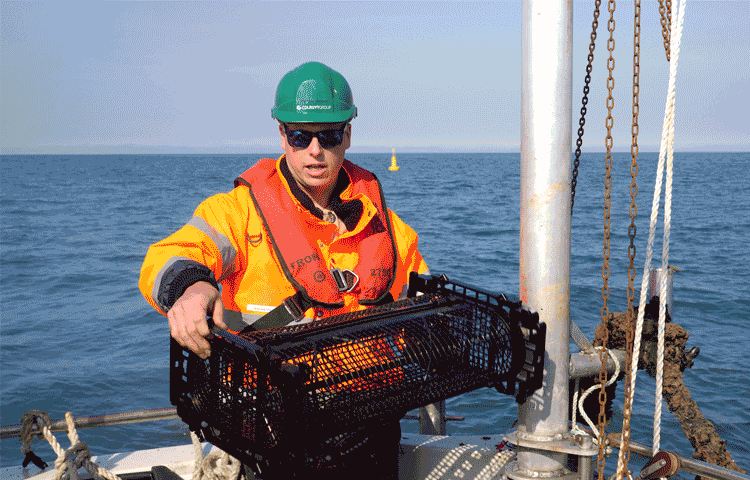Smart Farming
Smart Farming focuses on innovation in farming practices through the use of digital technologies and regenerative farming methods and by exploring new crops. The aim is to grow food smartly and efficiently while paying attention to the environment. The use of digital tools for precision farming leads to better resource management and reduced environmental impact. By embracing regenerative farming, Smart Farming strives to improve soil health and promote biodiversity. In addition, we explore new cultivation methods and varieties that can contribute to the resilience of the food system and offer innovative solutions for food production challenges. All of this will be initiated on land managed by Colruyt Group or in close cooperation with our partners, with a commitment to creating sustainable value.

Digital
Smart Farming uses digital technologies to optimise cultivation processes on land and at sea. We do this partly by using sensors, drones and satellite images and partly by implementing automated solutions such as self-driving tractors and robots. Our digitisation efforts have led to precision farming that contributes to a sustainable future based on data-driven decisions. This allows us to maximise our crop yield while minimising the impact on the environment.
Regenerative Farming
At Smart Farming, regenerative farming is at the heart of our efforts to restore and improve soil health. We use techniques that improve soil quality, increase biodiversity and reduce the carbon footprint. Our projects range from implementing crop rotation to applying natural pest management techniques. Via this approach, we strengthen the ecosystem and increase the resilience of our farming activities.
New Crops, Varieties & Technology
Smart Farming is constantly exploring new horizons by introducing innovative crops and varieties adapted to changing climatic conditions and market needs. We are committed to developing technologies that support the growth of these new crops, such as advanced irrigation systems and sustainable cultivation practices. By working together with research institutes and partners, we are creating new opportunities for food production that are both environmentally friendly and economically viable.
The protein shift, i.e. the transition to more plant-based proteins in our diet, is a good example of this and a crucial step for both our health and the environment.